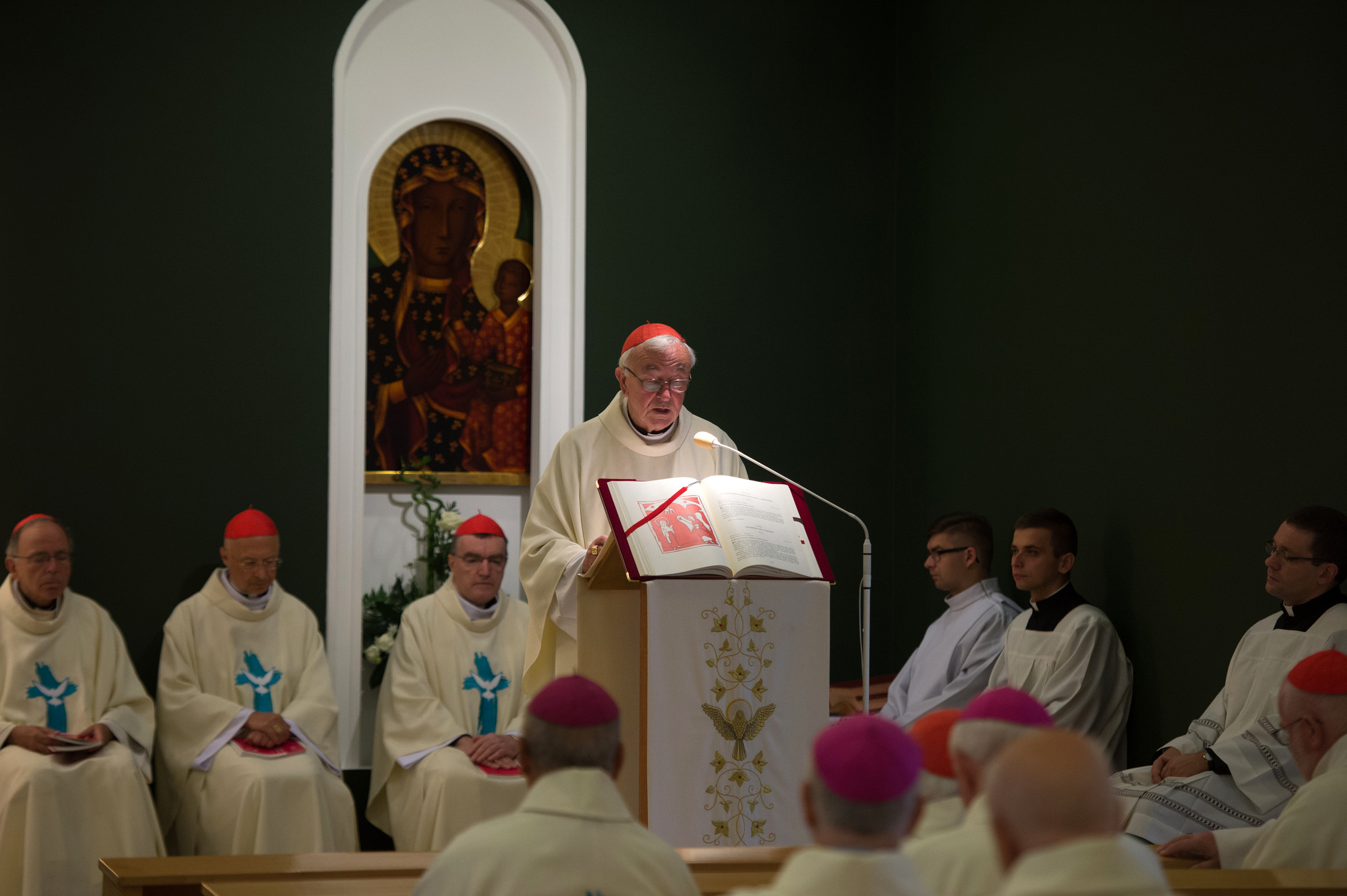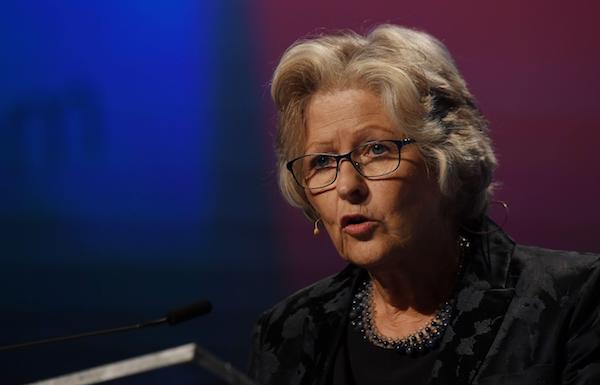A truth and reconciliation process where bishops from across the world can disclose abuse cases to regional tribunals could help the Church in its battle deal with the escalating clerical sex abuse crisis, according to a leading child protection expert.
Baroness (Sheila) Hollins, who served on Pope Francis’ child protection commission, believes that full disclosure of cases could take place in local bodies under a five-year “amnesty.”
After that period, she argues, any undisclosed information that puts children, young people and adults at risk would be treated as covering up and a zero tolerance policy would kick in.
Last week the Vatican announced that the Pope has called Presidents of Bishops Conferences from across the world for a summit on the mushrooming global abuse scandals from 21-24 February 2019.
The scandal is threatening to engulf Francis' pontificate with the biggest difficulty being how the Pope and bishops can produce a coordinated response for a Church of 1.3 billion Catholics spread across the globe.
On 9 September the papal child protection commission announced a series of “survivor advisory panels” designed to encourage victims to come forward and help local churches improve safeguarding procedures. But Baroness Hollins and other safeguarding experts believe this model could go further in bringing transparency to case handling and help restore trust.
“It would be like a gun amnesty and would be saying ‘hand over what you know’,” Baroness Hollins, a former member of the Pontifical Commission for the Protection of Minors told The Tablet. “Unless the local Church finds a way to come forward with what it knows, the revelations are just going to keep on coming as awareness about the prevalence and long-term harm of abuse grows - particularly in Africa and Asia where Bishops and religious superiors feel very unsupported on child protection.”
The British peer admitted that from a “survivor perspective” an amnesty for reporting abuse allegations may not be popular and that “quite rightly victim/survivors want accountability now. They want the Church to listen to them, not to seek more time to take responsibility and to act to prevent abuse.” It is also unclear how an amnesty process would work internationally.
“But a truth and reconciliation process which openly sought the disclosure of cases not so far recognised or managed properly, could lead to robust and transparent action," she said. "And any Bishop failing to handover files could be held truly accountable for negligence and covering up in the future.”
Baroness Hollins is a psychiatry professor and is a member of Centre for Child Protection in Rome who has been closely involved with the clerical sexual abuse crisis.
Nevertheless local tribunals, Baroness Hollins argued, could shoulder some of the work currently being done in Rome along with going through files, and hearing from and working with survivors to learn from their experience and ensure the right support and help is being provided.
While everyone is turning to the Pope and the Vatican for more action, the problem is that the Holy See does not have the resources or personnel to micromanage responses to the crisis. The papal commission for the protection of minors is only advisory while the Congregation for the Doctrine of the Faith, the body that handles the canonical trials of priests accused of abuse, is under-resourced and has long been overwhelmed with a backlog of abuse cases.
“The problem for the Pope is that there are 5,000 bishops worldwide and whilst they can be asked to audit and report on how they are implementing pontifical commission recommended safeguarding guidelines, many will need more resources and skills to do this effectively,” Baroness Hollins said. “He needs to coordinate the response, but he could do this by setting up regional commissions and tribunals. They would examine case files and if necessary report matters to the police.”



 Loading ...
Loading ...